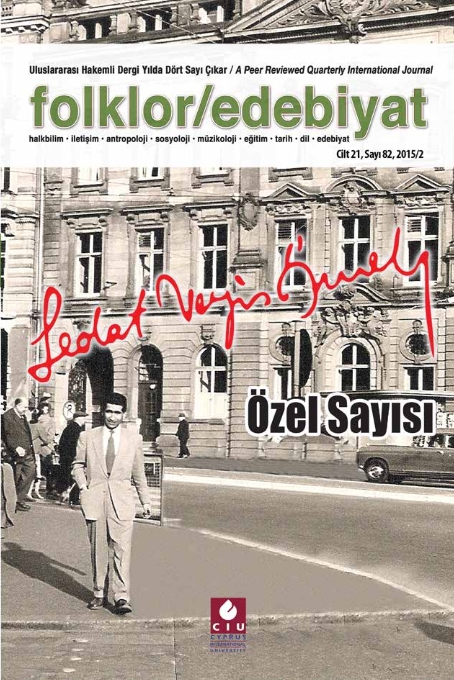Türkiye’de Kore Savaşı Edebiyatında Kadın ve Savaş Algısının Sedat Veyis Ömek’in Pirinçler Yeşerecek Oyunu Üzerinden Tartışılması
The Understanding of War and Prostitutes in the Korean War Literature of Turkey-Focused on When the Rice Grows Green
Author(s): Eunkyung OhSubject(s): Gender Studies, Military history, Social history, Comparative Study of Literature, Turkish Literature
Published by: Uluslararası Kıbrıs Üniversitesi
Keywords: 터키 Turkey; 한국전쟁 Korean War; 전쟁문학 war literature; 성매매 여성prostitutes; 참전군 UN Soldier; 전쟁인식 the understanding of war; 반전문학 antiwar literature; 한국전쟁문학 Korean War Literature;
Summary/Abstract: The purpose of the study named “The Understanding of War and Prostitutes in the Korean War Literature of Turkey” is to introduce and understand what was the recognition of Turkish soldiers who participated in the Korean War. “When the Rice Grows Green” is a drama written by a Turkish soldier participating in the Korean War as part of the UN army. This work is of the utmost importance in Turkish literature as “War Literature” which includes the meaning of documentary literature and the value of comparative literature. It is also meaningful that it shows the understanding and anti-war thought of Turkish soldiers. When we think about the political situation in Turkey at that time, if someone criticized dispatching of Turkish forces to Korea, they could secretly loose their right to live, so the worth of this drama is very clear. The prostitute is a just symbol of a colonialized country during the war, and Korean guy Kim is a master exploiting the woman. There is a U.S soldier who wants to buy the woman’s body. Here, both Kim and the U.S. soldier are merely men who have been castrated rather than buyers of women’s body. However, there is a prismatic refraction of orientalism in which Korean Kim is primitive and the American soldier is civilized. It is coming from a dissociation of the Turkish writer’s consciousness. The Turkish writer identifies himself with the American. According to the writer, these people are all victims of the war and they are human beings who have the lack in symbolic orders. The writer’s understanding of the war and anti-war thought is revealed from a Lacanian point of view. And also he criticizes the war as useless ideology and the split within the symbolic world.
Journal: Folklor/Edebiyat
- Issue Year: 21/2015
- Issue No: 82
- Page Range: 319-333
- Page Count: 15
- Language: Turkish

